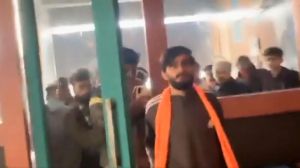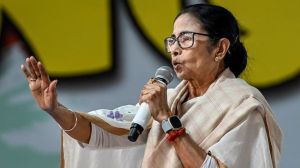Stop that car!
Keeping cars off the roads is hard. Congestion pricing to manage demand might help

Last year, one of Youtube8217;s biggest hits was a street-view video from a highrise building in an unidentified Indian city. Viewers around the world were amazed by the sheer clutter and chaos of an ordinary Indian traffic intersection as trucks, cycles, cars, people and livestock weaved and swerved, narrowly missing each other. We already know about our traffic meltdown 8212; the ruckus over Tata Nano8217;s potential impact on our overworked roads proves how badly we need transport policy innovation.
Worldwide experiments in traffic management have tried to strike individual balances between free movement, pollution and congestion. One such model is congestion pricing 8212; which imposes a charge on the way heavy use of a public good like roads results in social costs like air pollution, noise, accidents and delays. Singapore was the first city in the world to establish an electronic usage-based taxation system, and since then many cities have opted for variations on the theme. While some feel that a flat tax would be unfair to poor drivers, London mayor Ken Livingstone has pushed a 25-pound congestion charge on the highest polluting vehicles coming into the city: gas-guzzling four-wheel drives. Meanwhile Milan is trying out an 8216;eco-pass8217;, a road-toll exemption for the lowest polluting cars.
Whether our roads are ready or not, small cheap cars are all set to replace two-wheelers and add to an already out-of-control traffic situation. You cannot selectively distribute aspiration, and banning the small cars is no kind of solution. What we need instead is a creative demand-management strategy 8212; through tiny tweaks in travel patterns, we can achieve major drops in congestion. Many cities in India are investing in improved public transport and this remains the most solid way of countering the crush of cars on the road. But meanwhile, as we work towards creating a dependable public transport system, we also have to acknowledge our complicity in the situation. Without denying anyone the comfort and mobility of their own car, we have to take collective responsibility for congestion.
- 01
- 02
- 03
- 04
- 05































